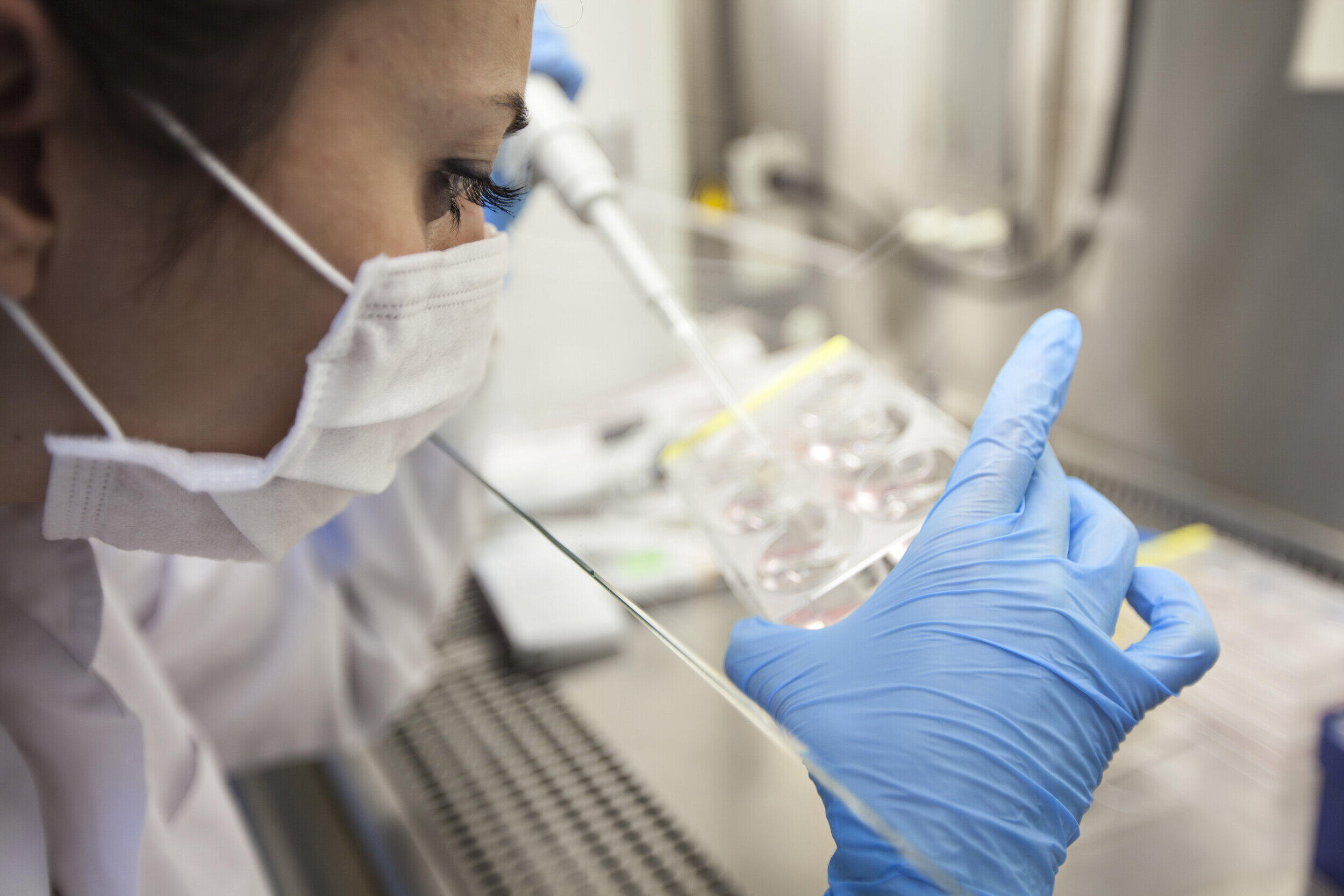
Vaccines have transformed public health, saving countless lives. But how much do you really know about the research behind these medical marvels? Vaccine research is a complex, fascinating field that combines science, technology, and a bit of detective work. From the initial discovery of pathogens to the rigorous testing phases, each step is crucial. Did you know that developing a single vaccine can take over a decade? Or that researchers must consider not just effectiveness but also safety and accessibility? This article dives into 28 intriguing facts about vaccine research, shedding light on the meticulous process that ensures vaccines are safe and effective for everyone. Buckle up, because you're about to become a mini-expert on the science that keeps us healthy.
Key Takeaways:
- Vaccines have a fascinating history and have saved millions of lives. They work by training the immune system to fight diseases without causing illness, and new technologies are making them even more effective.
- Vaccine research faces challenges, but it's making great strides. Vaccines have eradicated diseases like smallpox, and ongoing research aims to develop universal flu vaccines and personalized cancer treatments.
The History of Vaccine Research
Vaccine research has a rich history that spans centuries. Understanding its evolution helps appreciate the advancements made today.
- The first vaccine was developed by Edward Jenner in 1796 to combat smallpox. He used material from cowpox lesions to create immunity.
- Louis Pasteur created the rabies vaccine in 1885, marking a significant milestone in medical science.
- The polio vaccine, developed by Jonas Salk in 1955, drastically reduced polio cases worldwide.
- Maurice Hilleman, a prolific vaccine researcher, developed over 40 vaccines, including those for measles, mumps, and hepatitis B.
How Vaccines Work
Vaccines train the immune system to recognize and fight pathogens without causing the disease.
- Vaccines contain weakened or inactive parts of a particular organism (antigen) that triggers an immune response.
- The immune system remembers the pathogen, allowing it to respond quickly if exposed in the future.
- Some vaccines require booster shots to maintain immunity over time.
- Herd immunity occurs when a large portion of the population becomes immune, reducing the spread of disease.
Types of Vaccines
Different types of vaccines are designed to combat various diseases effectively.
- Live-attenuated vaccines use a weakened form of the germ that causes the disease, like the measles, mumps, and rubella (MMR) vaccine.
- Inactivated vaccines use the killed version of the germ, such as the polio vaccine.
- Subunit, recombinant, polysaccharide, and conjugate vaccines use specific pieces of the germ, like the HPV vaccine.
- Toxoid vaccines use a toxin made by the germ, such as the diphtheria and tetanus vaccines.
Modern Vaccine Research
Recent advancements have revolutionized vaccine development and distribution.
- mRNA vaccines, like those for COVID-19, use messenger RNA to instruct cells to produce a protein that triggers an immune response.
- Viral vector vaccines use a modified version of a different virus to deliver instructions to cells, like the Johnson & Johnson COVID-19 vaccine.
- DNA vaccines, still in experimental stages, use genetically engineered DNA to produce an immune response.
- Nanoparticle vaccines use tiny particles to deliver antigens and are being explored for diseases like influenza and cancer.
Challenges in Vaccine Development
Developing vaccines is a complex process with many hurdles.
- Vaccine development can take 10-15 years from initial research to public availability.
- Clinical trials are essential to ensure safety and efficacy, often involving thousands of participants.
- Some diseases, like HIV and malaria, have proven particularly challenging due to their complex biology.
- Vaccine hesitancy, fueled by misinformation, poses a significant public health challenge.
The Impact of Vaccines
Vaccines have had a profound impact on global health.
- Smallpox was eradicated in 1980, thanks to a global vaccination campaign.
- Vaccines prevent 2-3 million deaths annually, according to the World Health Organization.
- The introduction of the HPV vaccine has significantly reduced the incidence of cervical cancer.
- Childhood vaccination programs have drastically reduced diseases like measles, diphtheria, and whooping cough.
Future of Vaccine Research
The future holds promising advancements in vaccine technology and distribution.
- Researchers are exploring universal flu vaccines that could protect against all strains of the influenza virus.
- Efforts are underway to develop vaccines for emerging diseases like Zika and Ebola.
- Personalized vaccines, tailored to an individual's genetic makeup, are being investigated for cancer treatment.
- Advances in technology, such as artificial intelligence and machine learning, are accelerating vaccine research and development.
Final Thoughts on Vaccine Research
Vaccine research has transformed public health. From eradicating smallpox to controlling polio, these medical marvels have saved countless lives. Scientists work tirelessly to develop vaccines that protect against emerging diseases. The COVID-19 pandemic highlighted the importance of rapid vaccine development. mRNA technology, used in some COVID-19 vaccines, represents a significant advancement. Vaccines undergo rigorous testing to ensure safety and efficacy. Public trust in vaccines is crucial for widespread immunization. Misconceptions and misinformation can hinder vaccination efforts. Education and transparent communication help build confidence in vaccines. Global collaboration accelerates research and distribution. Vaccines not only protect individuals but also contribute to herd immunity. This collective protection is vital for those who can't be vaccinated. Continued investment in vaccine research promises a healthier future. Stay informed, trust science, and support vaccination efforts to safeguard communities worldwide.
Frequently Asked Questions
Was this page helpful?
Our commitment to delivering trustworthy and engaging content is at the heart of what we do. Each fact on our site is contributed by real users like you, bringing a wealth of diverse insights and information. To ensure the highest standards of accuracy and reliability, our dedicated editors meticulously review each submission. This process guarantees that the facts we share are not only fascinating but also credible. Trust in our commitment to quality and authenticity as you explore and learn with us.
